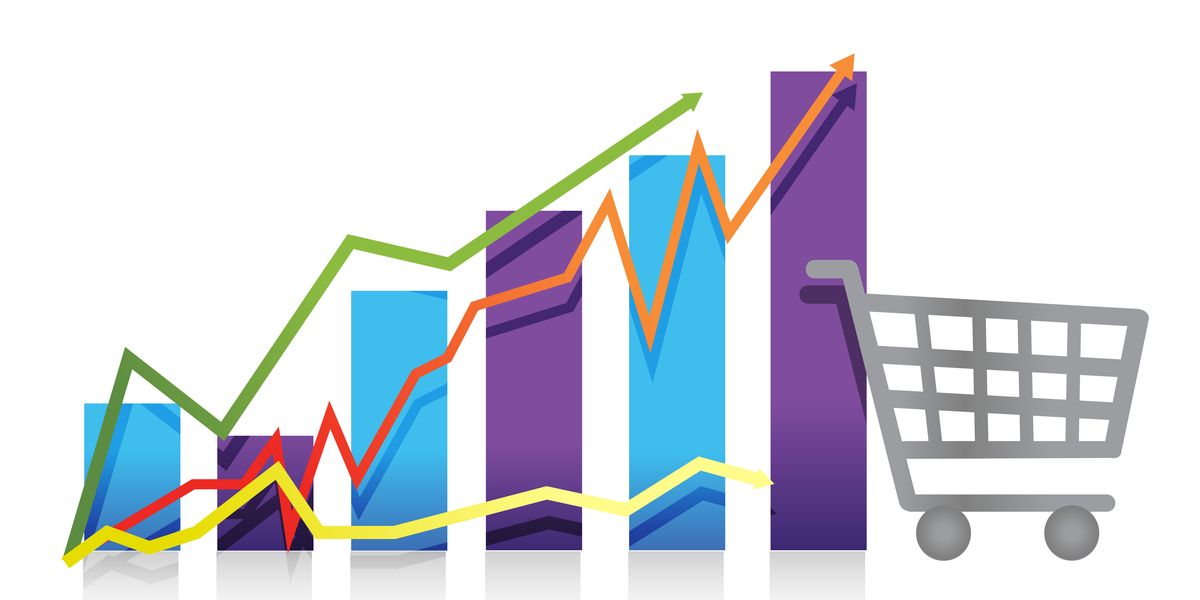In 2009, Guillaume Pousaz hedged his bets; he split from his business partner at NetMerchant to pursue his own strategic vision - a truly transparent payment solution for the global internet economy.
He bought a bunch of domain names for his new business, not wanting to waste his best domain name on a business model that was untested and might yet fail.
Later that year, he launched his bold but bootstrapped business, OPUS payments.
After 3 years and the acquisition of several larger contracts, such as Hong Kong giant DealeXtreme, Checkout.com was born.
Today, Checkout is worth around $2 billion and has signed up companies such as Samsung, Deliveroo, Virgin Active, and TransferWise.
So, it’s got a catchy domain name and some big household brands under its belt, but what exactly does it do, and is it deserving of your business?
What is Checkout?
Checkout.com is a globally operating fintech based in the United Kingdom. It offers a unified payments platform which eliminates the need for third parties in online transactions.
It used to be the case that customers would bounce from the merchant checkout page to the payment gateway to the acquirer to the payment processor to the issuer and back. While the customer didn’t see all of this, it would lead to noticeably slower transactions, greater rates of failure, extra costs and a generally less reliable service.
This is part of the reason why the rate at which cards are declined online can be as much as 4x higher than in-store, with a 15% decline rate compared to only 4% for face-to-face transactions. At each stage of the process there might be different fraud and risk mitigation tools in place and there's an even greater chance of a network failure.
The bottom line?
Lower conversion rates.
With Checkout.com, everything between the merchant and issuer happens seamlessly, promising faster transactions and a higher acceptance rate.

Checkout Products, Features and Services
Checkout offers a range of solutions which are secure, highly customisable and easy to integrate within your website:
Tokenised transactions
For each of the following solutions, the customer’s sensitive information is processed on Checkout’s side and exchanged for a token which can then be used to process the transaction. Their data never has to touch your server!
Frames
With Frames, you can fully customise the payment gateway to suit the needs of your brand. It is quick and easy to integrate and allows you to change everything from the colours and styling to the number of input fields.
Checkout.js
This is Checkout.com’s simplest offering. Checkout.js a basic widget which gives you everything you need to securely collect a customer’s card details and process an online payment.
Software Development Kits (SDK)
The SDKs offer all the benefits of Checkout.js or Frames integration, but allow you to customise for use with Java, .Net, PHP, Python, Android and iOS.
Ecommerce plugin
For those with an Ecommerce site, you’ll be happy to know that checkout.com integrates with all the major shopping cart solutions, including:
- Magento
- Magento 2
- WooCommerce
- Salesforce Commerce Cloud
- Prestashop
- Shopify
- OpenCart
- Drupal
- Workarea Commerce Platform
PCI compliant client-side solutions
Full card details API
The Full card details API is for larger organisations with a high PCI compliance who wish to have full control over the checkout experience. Instead of using tokens, you will be responsible for processing the customer’s payment details directly.

What Cards and Currencies does Checkout work with?
Checkout.com is a direct acquirer of all major credit cards and debit cards including Visa, Mastercard and Amex. It also works with a number of local payment methods and many popular alternatives to traditional card payments such as Google and Apple Pay.
It operates on five continents, with 159 currencies using over 20 payment methods:
- Visa
- Mastercard
- American Express
- JCB
- Diners
- Discover cards
- Apple Pay
- PayPal
- SoFort
- iDeal
- Alipay
- Qiwi
- POLi
- Maestro
- Mada
- Union Pay
- Google Pay
- Visa Checkout
- Boletol
- GiroPay
- SEPA
- Klarna
Checkout.com Costs, Fees and Pricing
Checkout.com describes its pricing model as ‘refreshingly transparent’.
Depending on the region, Checkout.com may employ an interchange++ model or a blended pricing model.
Interchange++ is the most transparent pricing model available, offering a breakdown of the price into the:
- Interchange fee charged by the banks who issued the card.
- Fee charged by the card schemes.
- Fee charged by the acquirer (Checkout.com).
This sets it apart from many of its U.S based competitors who charge a flat rate per transaction, making it an attractive option if you would like to know exactly what it is that you’re paying for.
They promise no setup fees, no account maintenance fees, and no other hidden fees.
You can get a quote online by filling in the form and providing an estimate of your monthly online sales volume. The pricing will take into account your location, trading history and average transaction volume.

Checkout.com Reviews
Unfortunately, the reviews don’t create a particularly reliable impression of the business. We’ve found 19 in total:
Trustpilot: 3 / 5 (17 reviews)
G2: 4 / 5 (1 review)
Capterra: 4 / 5 (1 review)
Considering the business is now worth $2 billion and is increasingly taking on big names such as Samsung, 19 reviews probably aren’t the most reliable indicator, and you should probably take any negative ones with a pinch of salt. There are some interesting points raised nonetheless.
So, what’s the general consensus?
Works with lots of card schemes and payment methods
When OPUS payments started out, it enabled businesses in Hong Kong to process payments from all over the world.
Since 2012, Checkout.com has seen a meteoric rise to prominence. It was officially authorised as a payment institution by the Financial Conduct Authority in December that year and became a principal member of Mastercard International and Visa Europe the following year, solidifying its position in Europe.
By 2017, it was a principal member of JCB international and had officially broken into the United States.
It may have two significantly larger competitors, U.S. giant Stripe and Netherlands-based Ayden, but it has already established itself as a truly global, flexible payment gateway - working with over 20 different payment methods across 159 different currencies.
Works with lots of shopping carts
There are many different shopping cart solutions for ecommerce websites - Checkout.com can be easily integrated with most of them.
Transparency
Interchange++ pricing lets you know exactly what it is that you’re paying for, making it easier for merchants to compare prices across the board.
Minimum Sales Volume
One of the major complaints seen in the reviews concerns checkout.com’s willingness to work with small businesses. The Trustpilot score is skewed quite heavily by 2 negative reviews which complain that the minimum monthly sales volume was too high for their business to sign up, even though the website had suggested that they worked with businesses of all sizes. A further 1* review suggests that they ‘discriminate’ against their smaller customers.
While it is hard to evaluate the latter claim, it is true that the website does not outline any minimum monthly sales volume. Instead, the bottom bracket on the quotes form stretches from 0 - $500,000. This suggests that checkout.com’s minimum required monthly sales volume increases regularly.
Final Words
Checkout.com may still be a bit of an underdog, but there’s no reason why it can’t topple its two larger competitors. Earlier this year it received a $230 million cash injection from investors.
So investor confidence is high, and it’s not hard to see why when the company’s European revenues alone jumped from $46.7million to $74.3million last year.
But what does that mean for you, the merchant?
Well, as we’ve seen, Checkout.com appears to be starting to distance itself from very small businesses. With big name brands like Samsung, Deliveroo, Hopper and easyGroup signing up, it’s not hard to see why it is starting to set its sights a little higher.
But if you’re a slightly larger business with at least $100,000 monthly revenue (judging by customer reviews) then you stand a good chance of getting a contract with Checkout.com. Their flexible payment solutions, ease of integration and transparent pricing structure make this a great choice for any medium to large size ecommerce stores.


